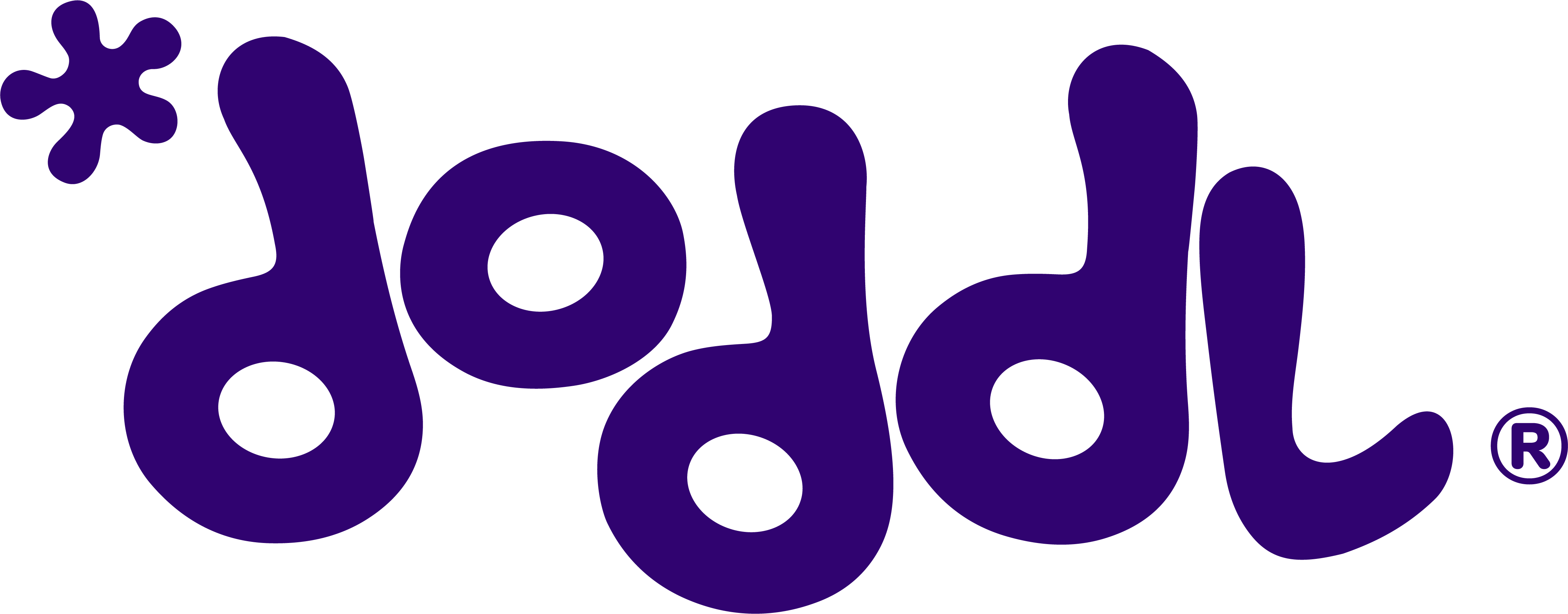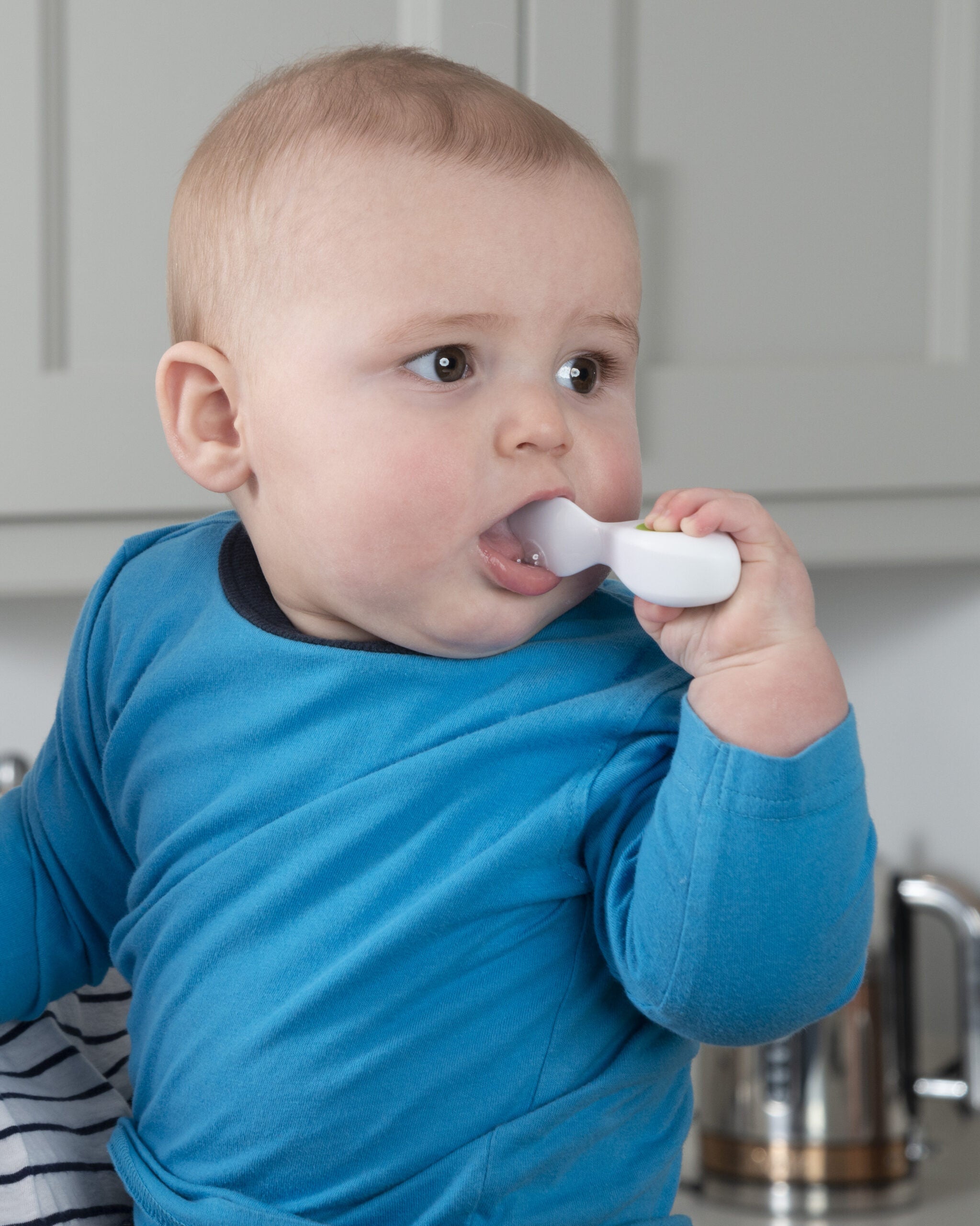How do I know if my baby is milk intolerant and what can I do to help?
If you are concerned that your little one has cow's milk protein allergy, find out more here. We asked Stacey Zimmels, doddl expert partner from FeedEatSpeak to explain more. Stacey is a feeding & swallowing specialist and Speech and Language Therapist.
"The most common form of milk intolerance is cow's milk protein allergy/milk intolerance (CMPA/CMPI). It is thought to affect 2-3% of formula fed babies and 0.5% of exclusively breastfed babies. Symptoms vary depending on the type of milk intolerance they may have but will include more than one of the following symptoms. Excessive crying throughout the day, mucus or blood in the stools, constipation or diarrhea, eczema, poor weight gain, reflux, vomiting, nasal congestion, respiratory difficulties and hives. If you suspect that your child has CMPA please see your GP.
If CMPA is suspected/diagnosed, according to Stacey Zimmels the following should help…
How do I know if my baby has milk intolerance?
Here are Stacey's top tips on managing cows milk protein allergy dietary changes: Change to specialised formula if formula fed or maternal dairy exclusion for 6 weeks if breastfed. Some infants may also need treatment/management of reflux. This may be medication but can also include:
- keeping in an upright position after feeding,
- slightly inclining the cot head (by raising the legs of the cot NOT placing anything under the mattress) and
- baby wearing.
Sometimes changing the feeding position can also help. For bottle feeding try the elevated left side-lying (for more info please visit Feed Eat Speak). For breastfed babies the laid-back nursing position can help. Some babies like to suck on the bottle and breast for comfort but this can exacerbate symptoms. In this instance a dummy may help. For breastfed babies use dummy cautiously as it may impact on milk supply."
Seek advice if concerned.
For advice on how to wean a baby with CMPA, and more information on this topic, please visit Feed Eat Speak.




Leave a comment
This site is protected by hCaptcha and the hCaptcha Privacy Policy and Terms of Service apply.